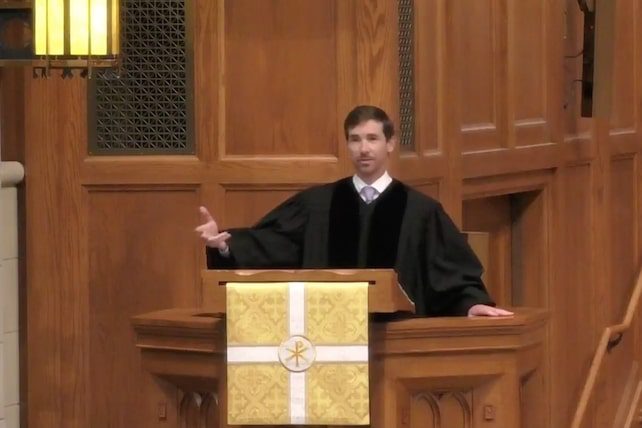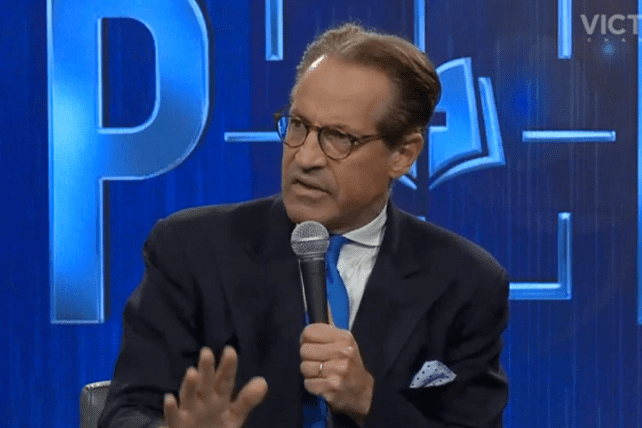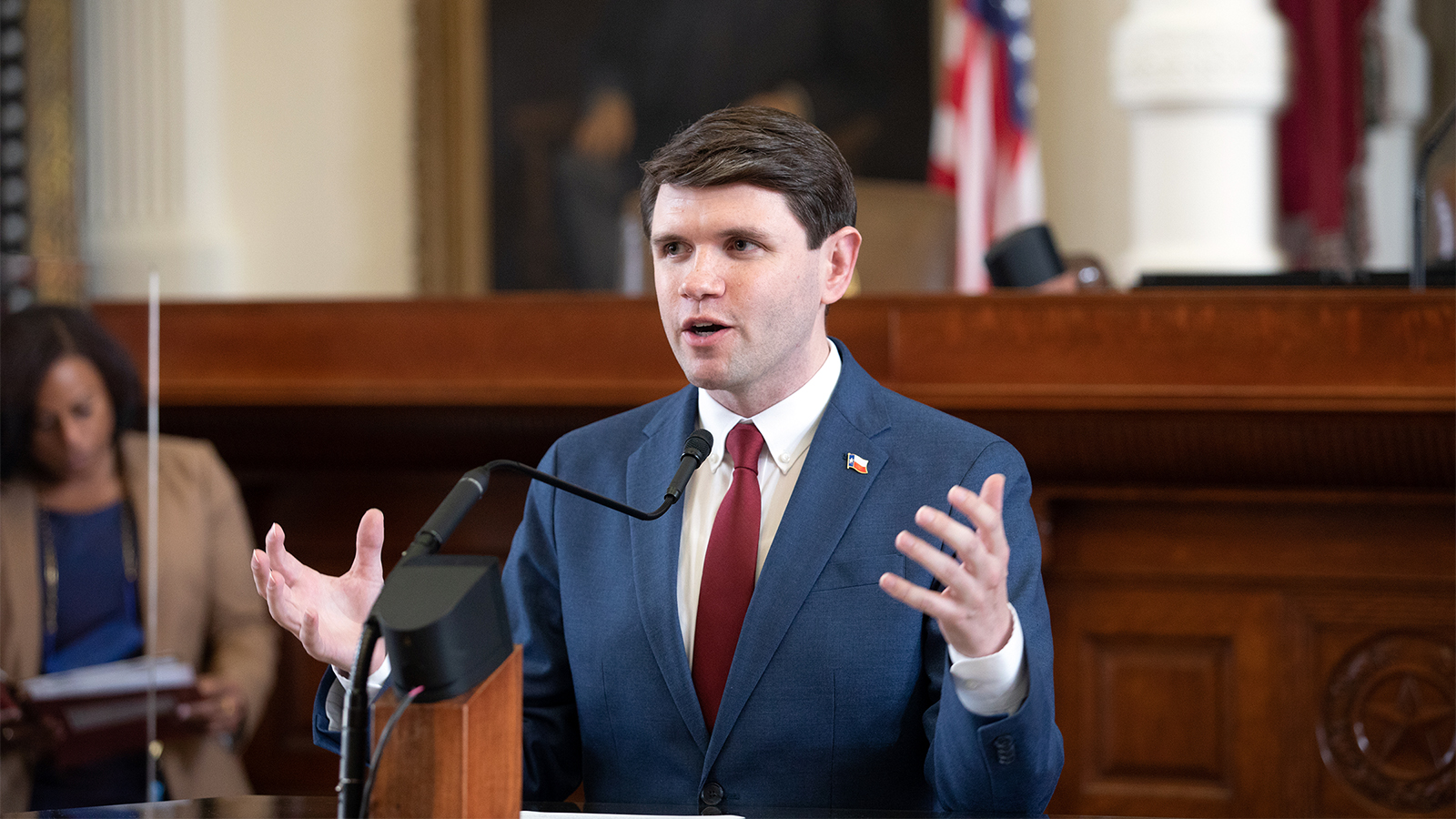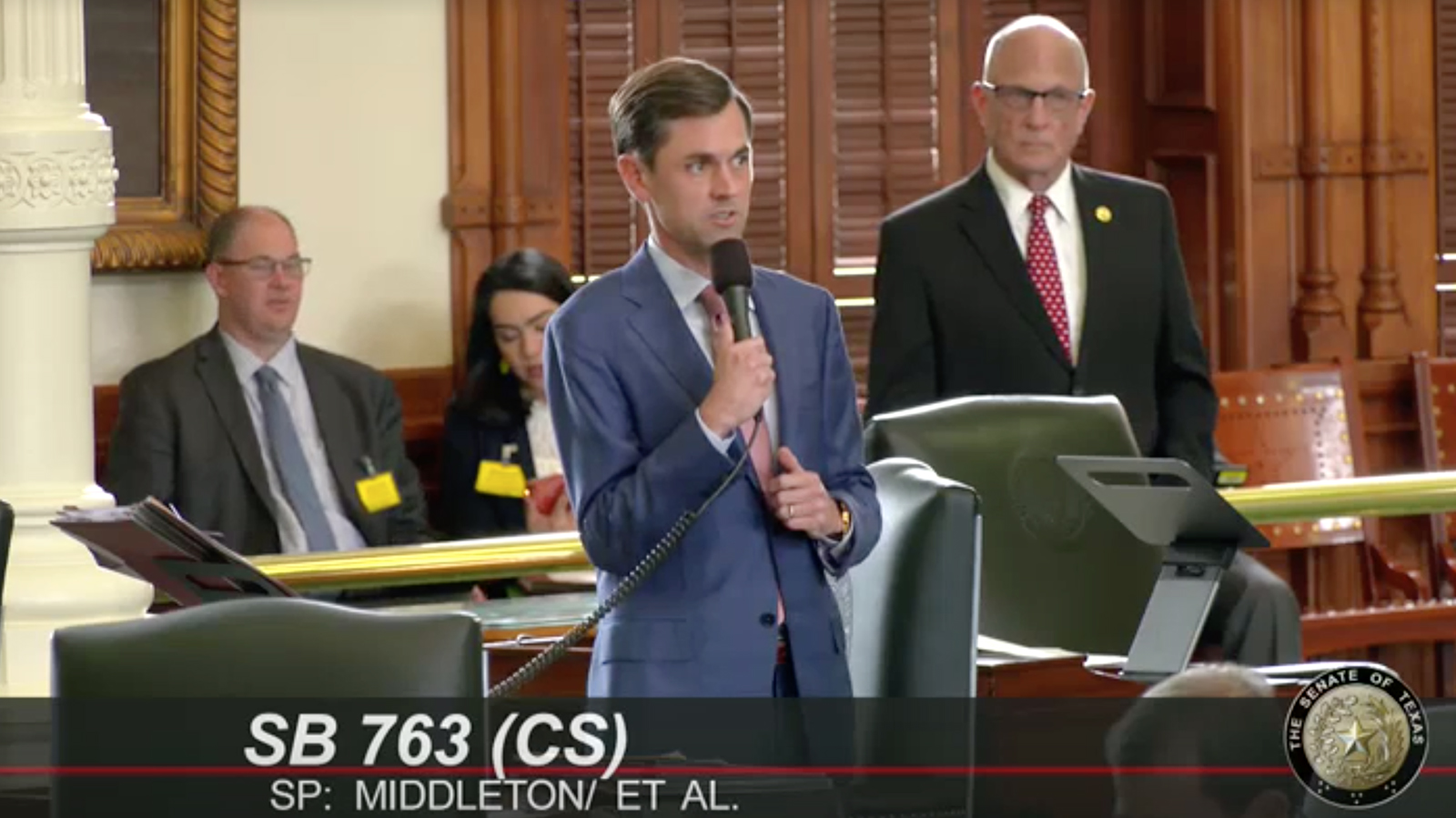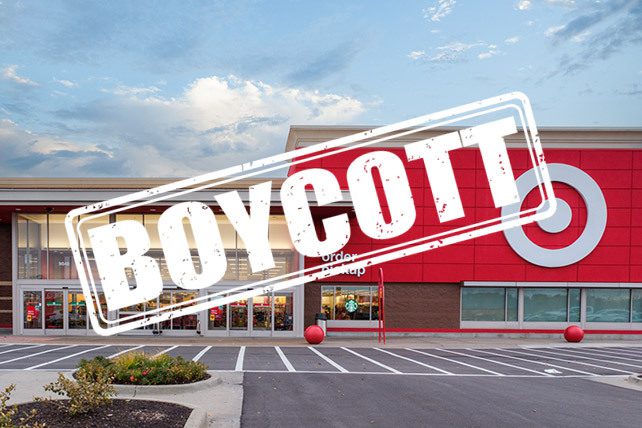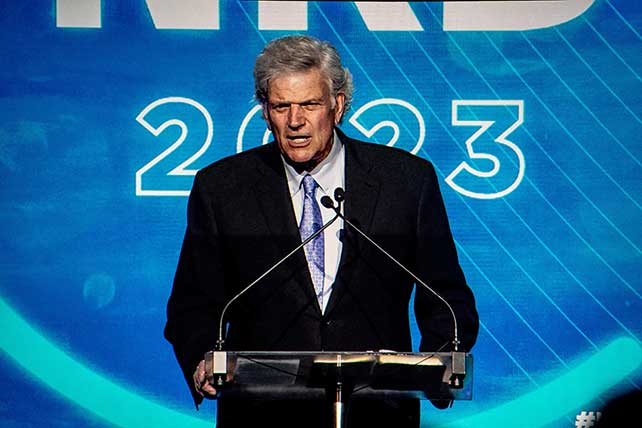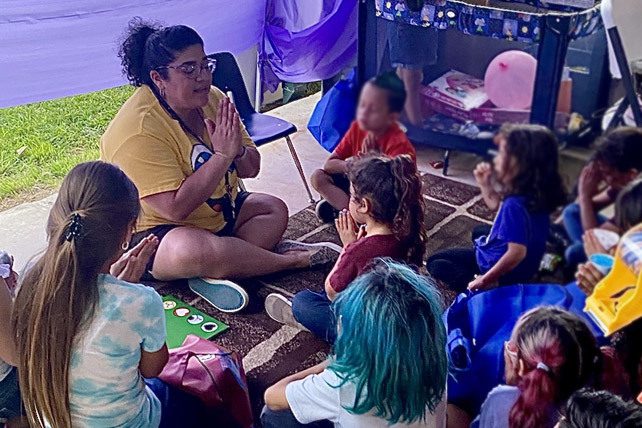VATICAN CITY (RNS) — Pope Francis condemned “consumerist greed” and “selfish hearts” as responsible for the climate crisis in his yearly message for World Day of Prayer for the Care of Creation, which occurs on Sept. 1 and was presented at the Vatican on Thursday (May 25).
Inspired by the words of the Prophet Amos, the pope chose “let justice and peace flow” as the theme for the World Day of Prayer for the Care of Creation, which he established in 2015 alongside the publication of his encyclical on the environment, “Laudato Si’.”
Francis said his message was inspired by the Indigenous and Catholic pilgrimage site Lac Ste. Anne in Canada, which he visited last summer. Standing before the lake and “surrounded by the beating of drums,” the pope said he was reminded “of the maternal heartbeat of the earth.”
“During this Season of Creation, let us dwell on those heartbeats: our own and those of our mothers and grandmothers, the heartbeat of creation and the heartbeat of God,” Pope Francis said in his message. “Today they do not beat in harmony; they are not harmonized in justice and peace.”
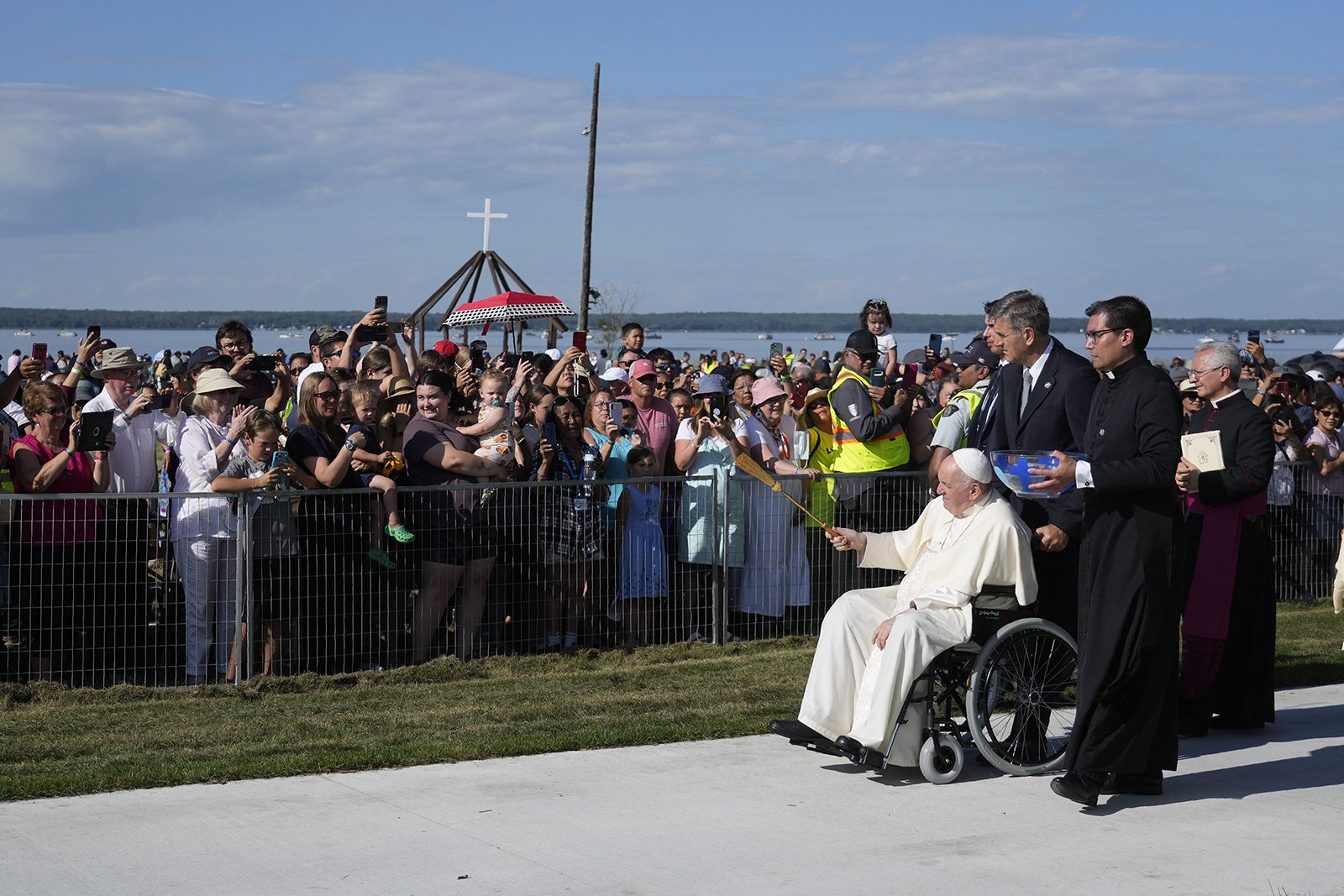
Pope Francis blesses faithful as he arrives at the Lac Ste. Anne pilgrimage site in Alberta, Canada, July 26, 2022. (AP Photo/Gregorio Borgia)
Modern societies, more interested in profit than in future generations, are responsible for the disharmony between humanity and the environment, the pope said. “Consumerist greed, fueled by selfish hearts, is disrupting the planet’s water cycle. The unrestrained burning of fossil fuels and the destruction of forests are pushing temperatures higher and leading to massive droughts. Alarming water shortages increasingly affect both small rural communities and large metropolises,” Francis said.
“Predatory industries are depleting and polluting our freshwater sources through extreme practices such as fracking for oil and gas extraction, unchecked mega-mining projects, and intensive animal farming,” he added.
While this bleak picture might seem discouraging, Francis said he believes there is still hope. “We can and we must prevent the worst from happening,” he said, urging people and communities to “come together like so many streams, brooks and rivulets, merging finally in a mighty river to irrigate the life of our marvelous planet and our human family for generations to come.”
The Argentine pope said change can occur only through the transformation of “our hearts, our lifestyles.” To do this, Catholics and non-Catholics must “repent of our ecological sins,” the pope said, quoting the words of Ecumenical Patriarch Batholomew of the Eastern Orthodox Christian Church.
Lifestyle changes must include “less waste and unnecessary consumption,” the pope said, but also “using resources with moderation and a joyful sobriety, disposing and recycling waste, and making greater use of available products and services that are environmentally and socially responsible.”
While faithful are called to make changes in their own lives, Francis also urged Catholics to take actions that affect public policies that can have immediate and future impact. “Economic policies that promote scandalous wealth for a privileged few and degrading conditions for many others, spell the end of peace and justice,” the pope said.
Citing his “green encyclical,” “Laudato Si’,” Francis referred to the “ecological debt” that must be paid by richer nations who enjoyed economic development for centuries through reckless environmental policies. For this reason, he said, “world leaders who will gather for the COP28 summit in Dubai from November 30 to December 12 next must listen to science and institute a rapid and equitable transition to end the era of fossil fuel.”
Drawing from the international Paris Agreement on climate change, which the Holy See joined in 2022, the pope described the “continued exploration and expansion of fossil fuel infrastructures” as “absurd.”

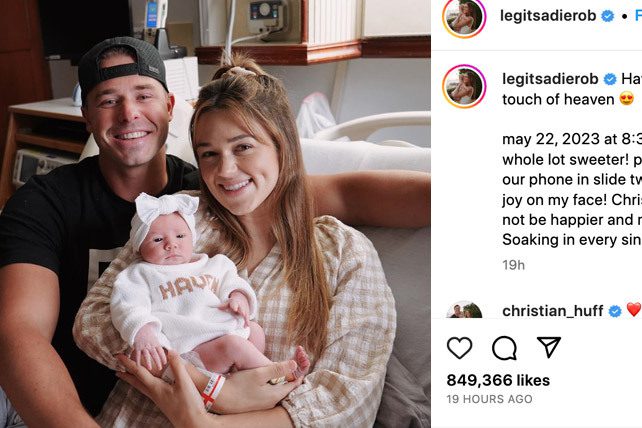




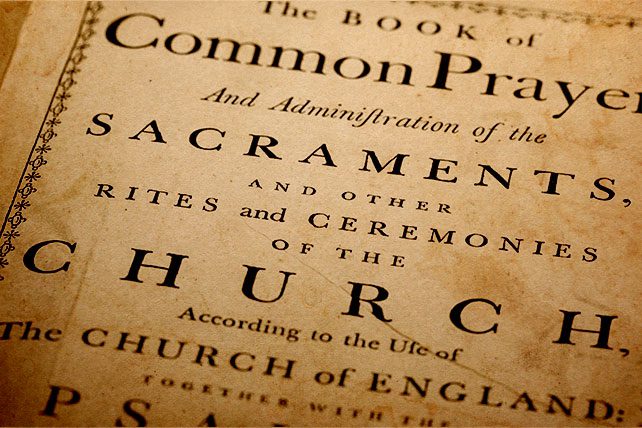
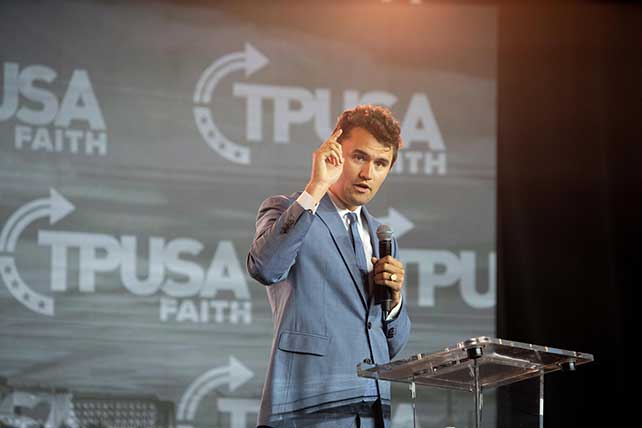

 I love preaching.
I love preaching.